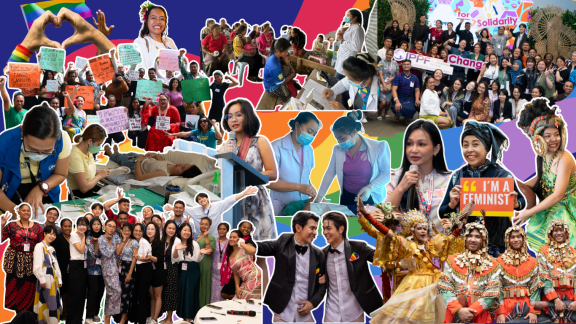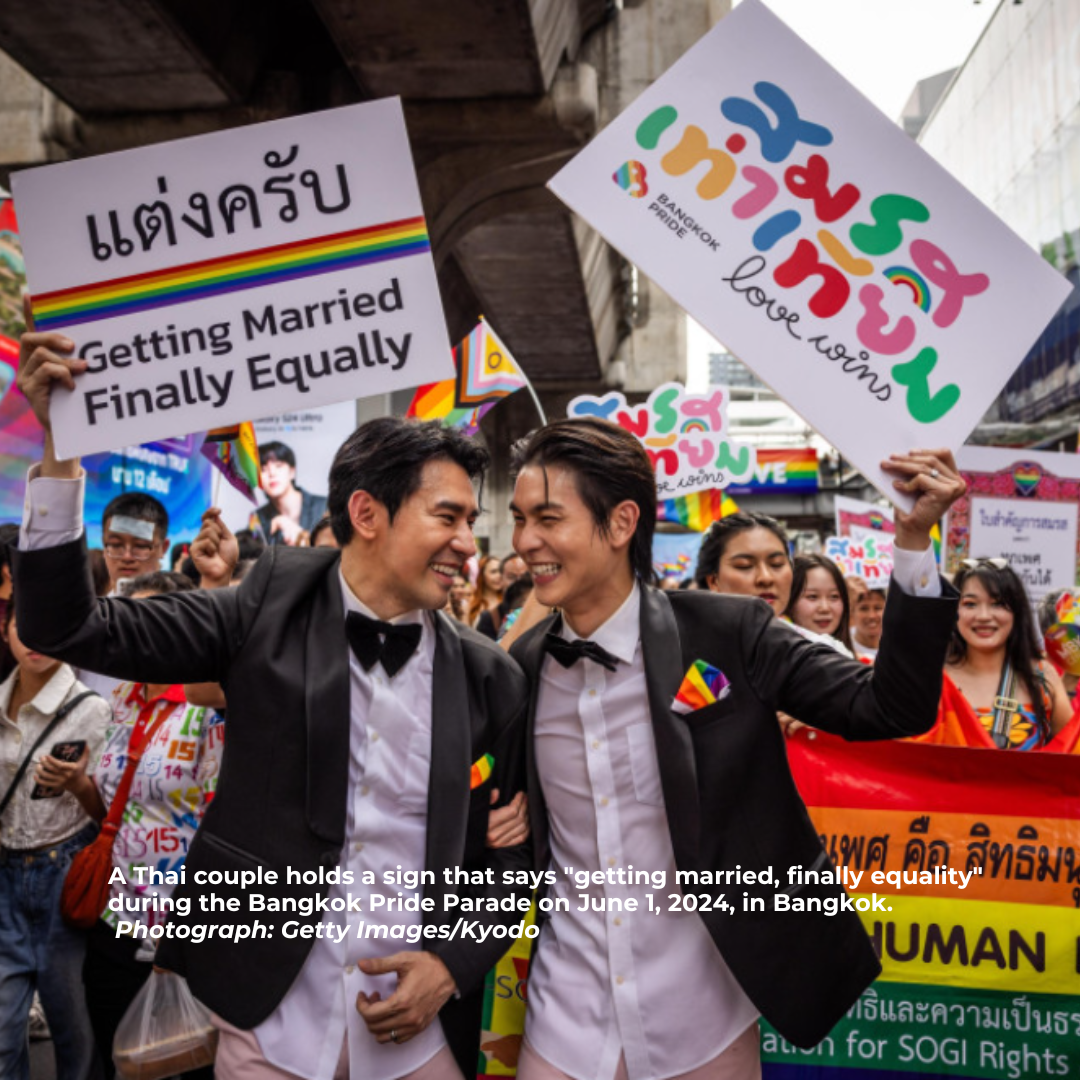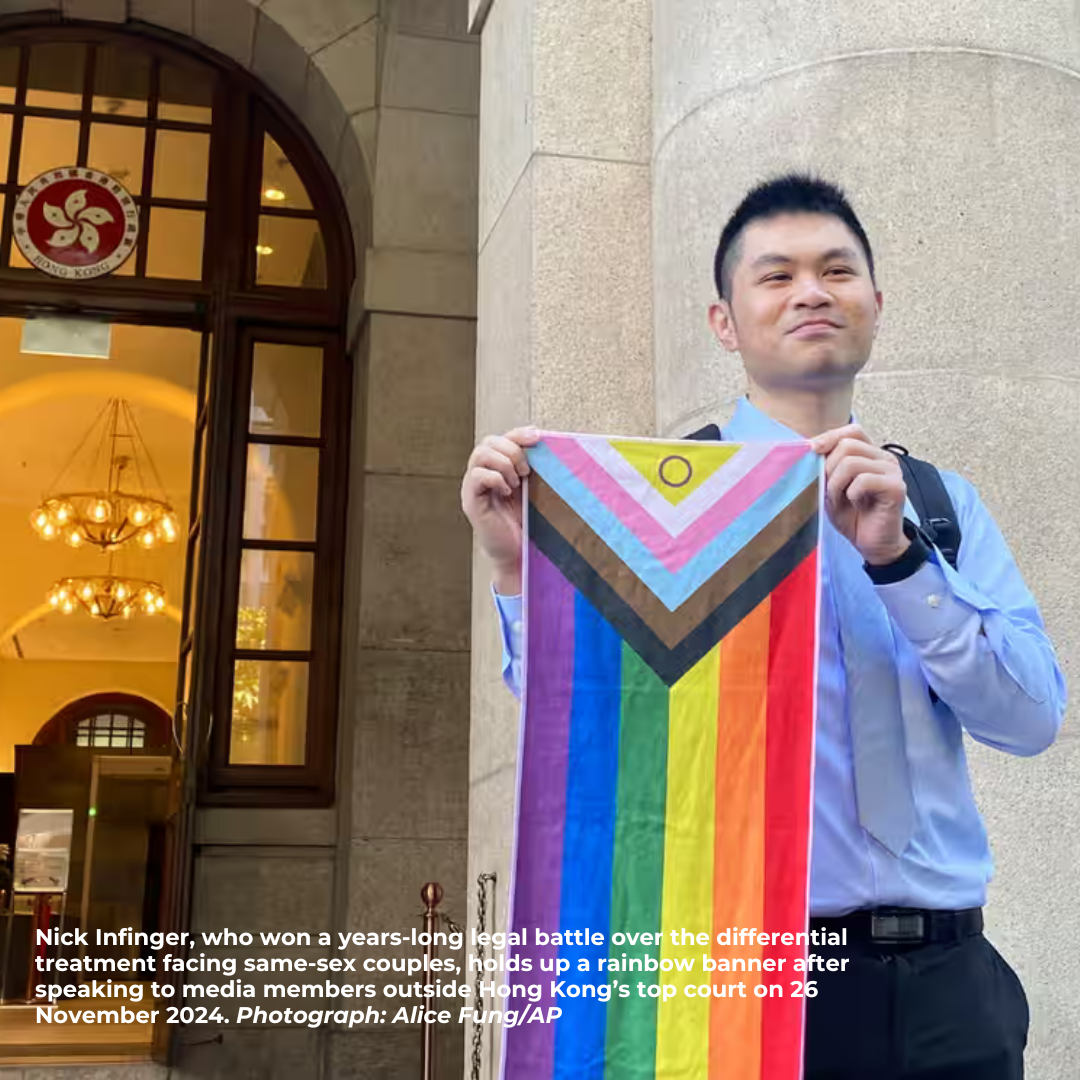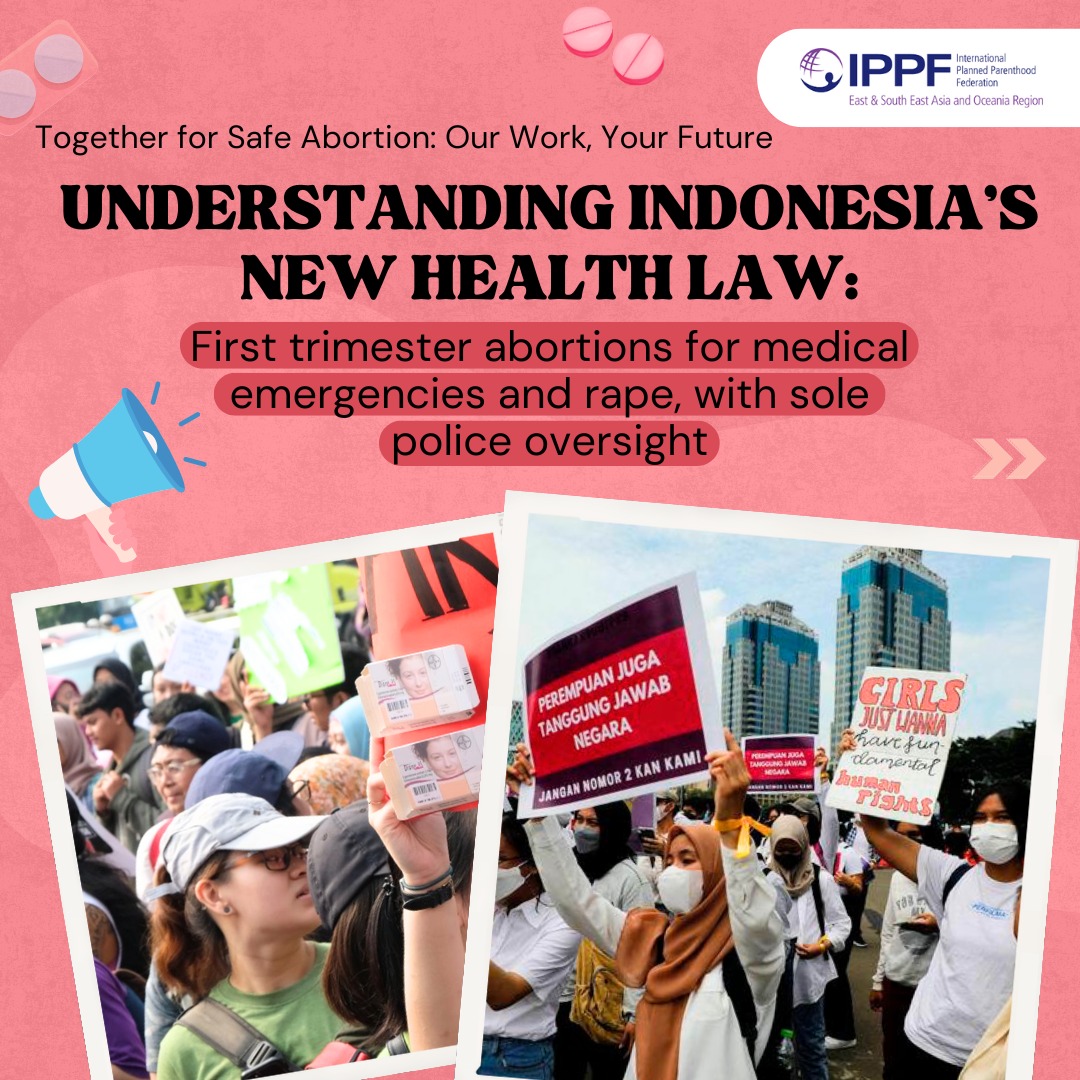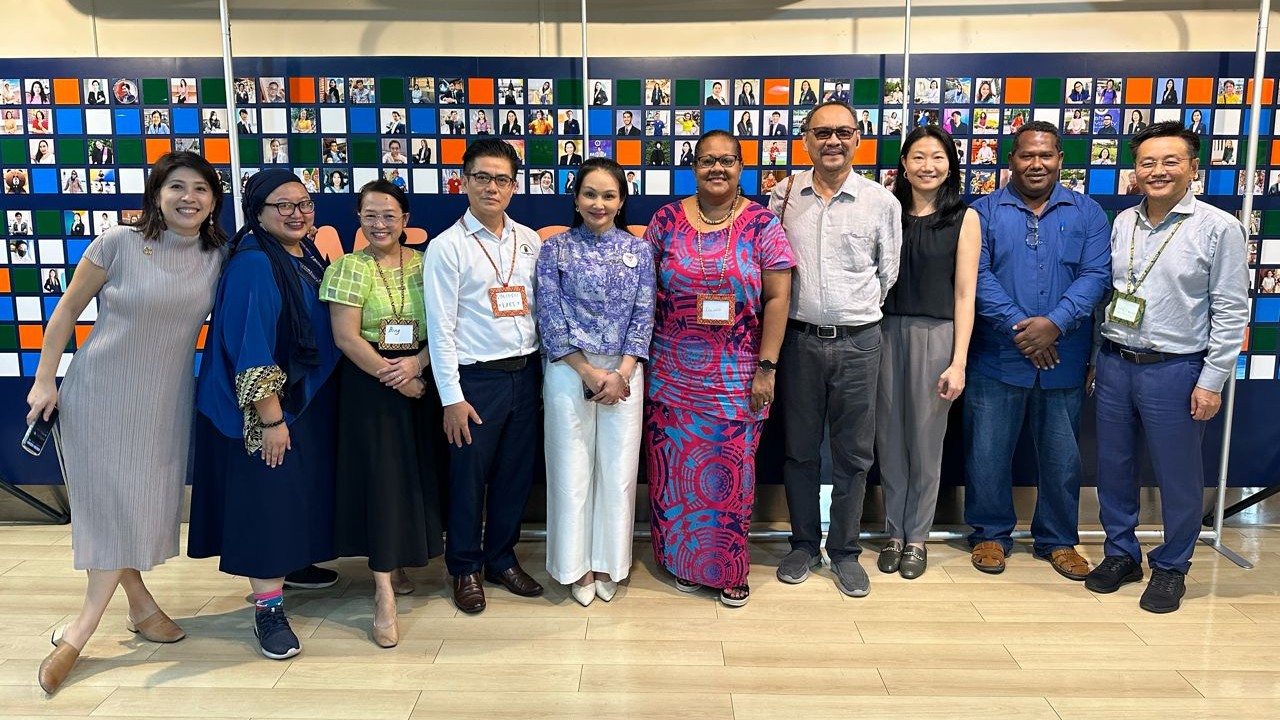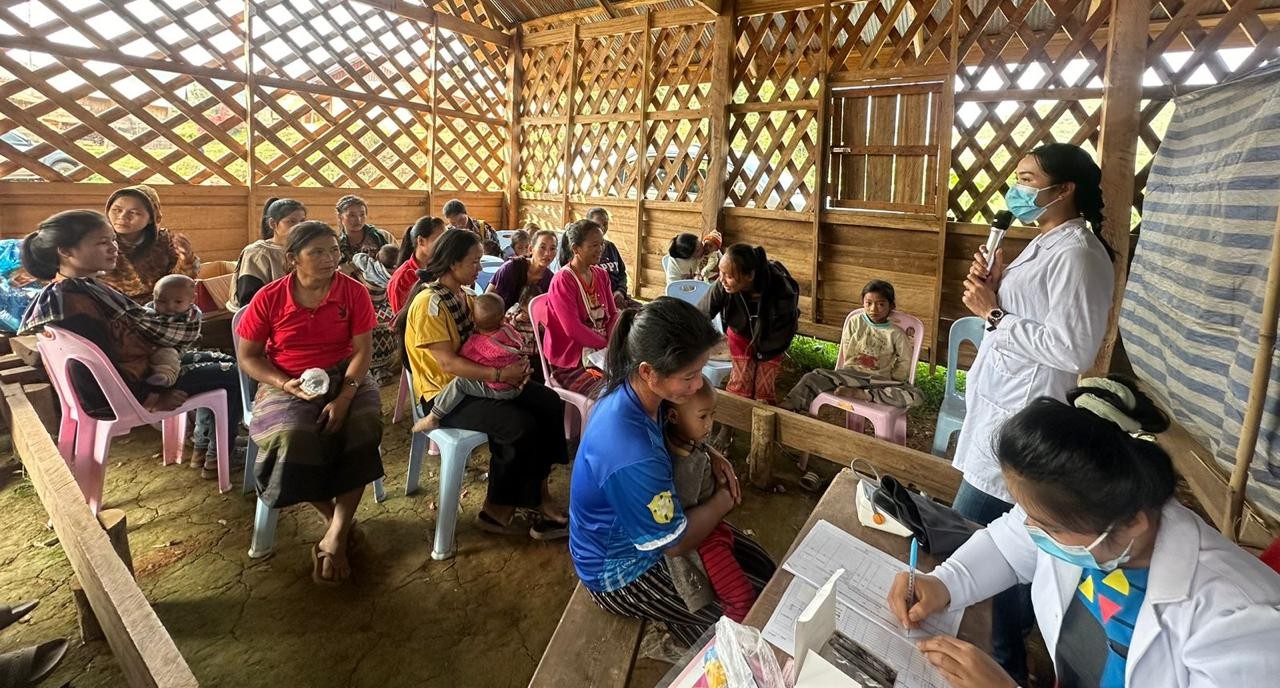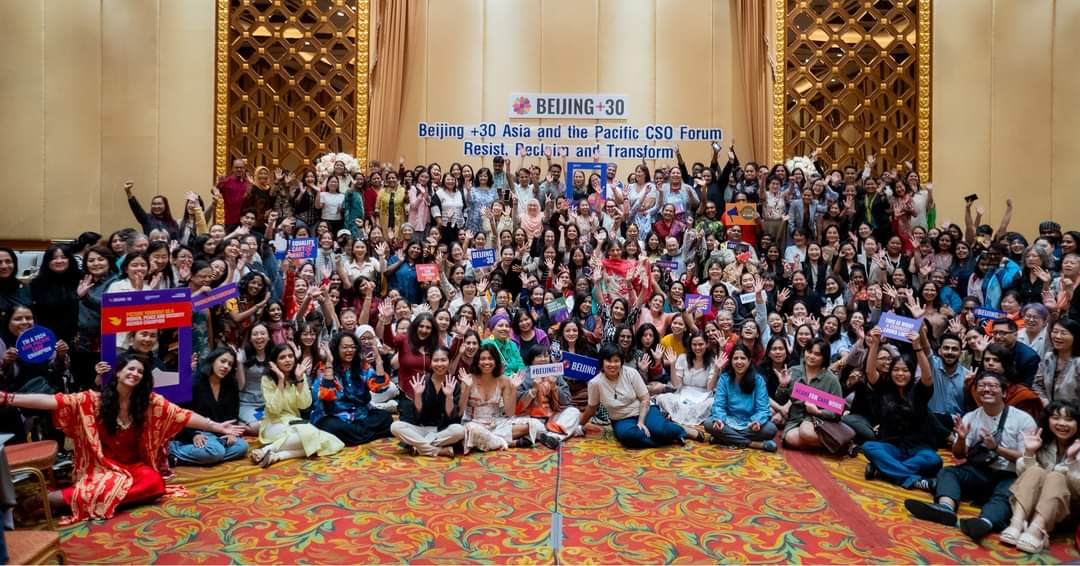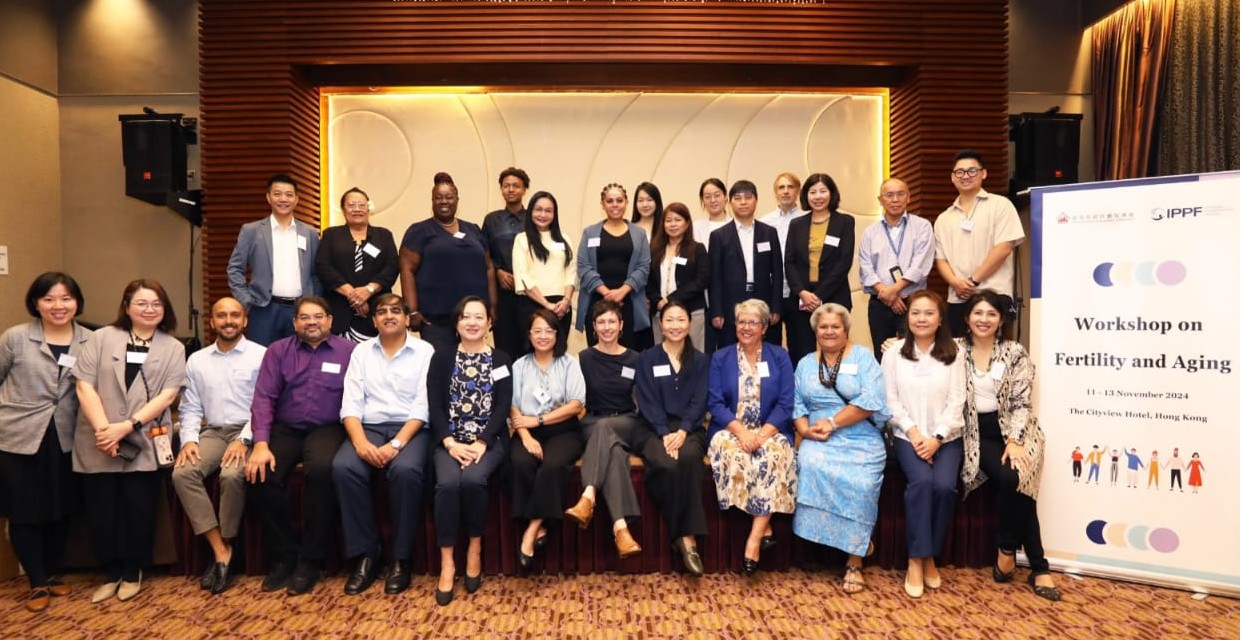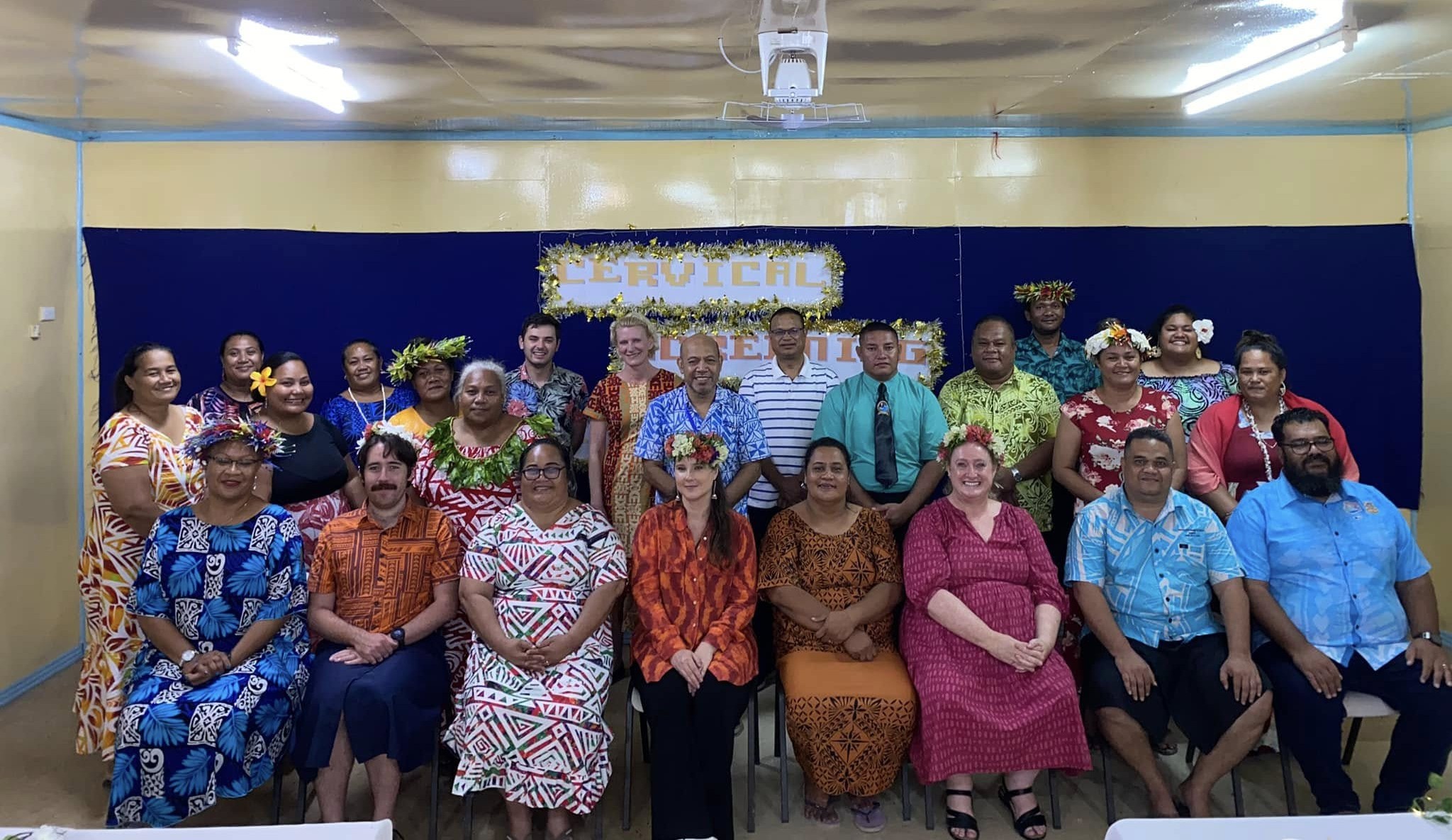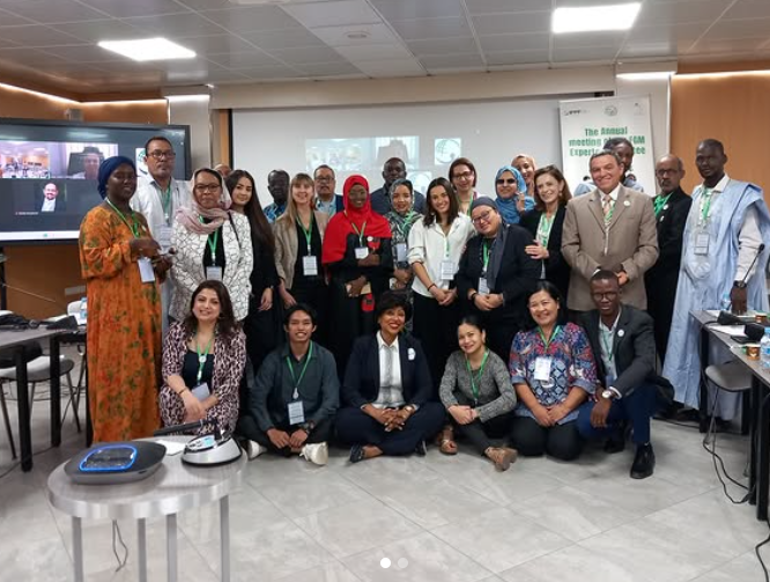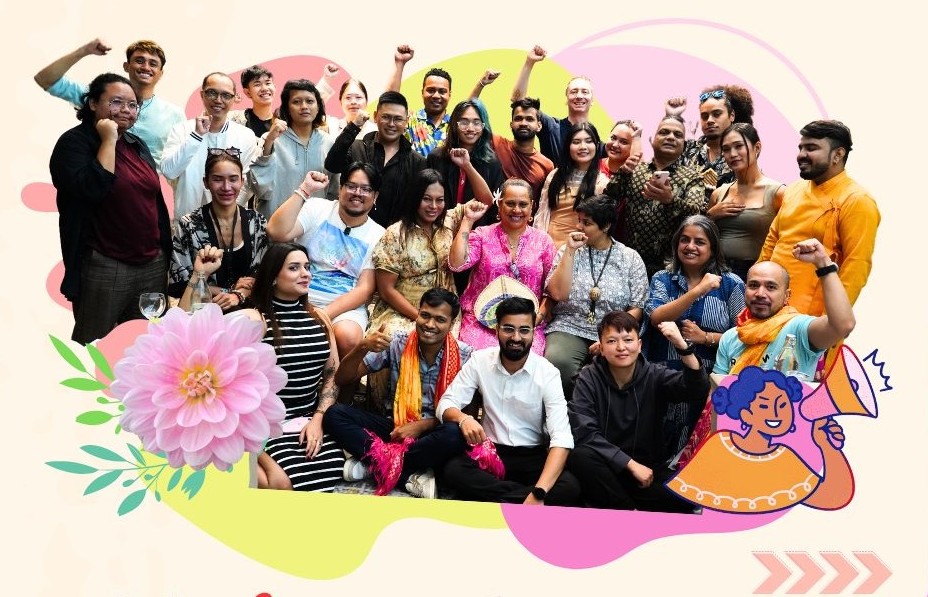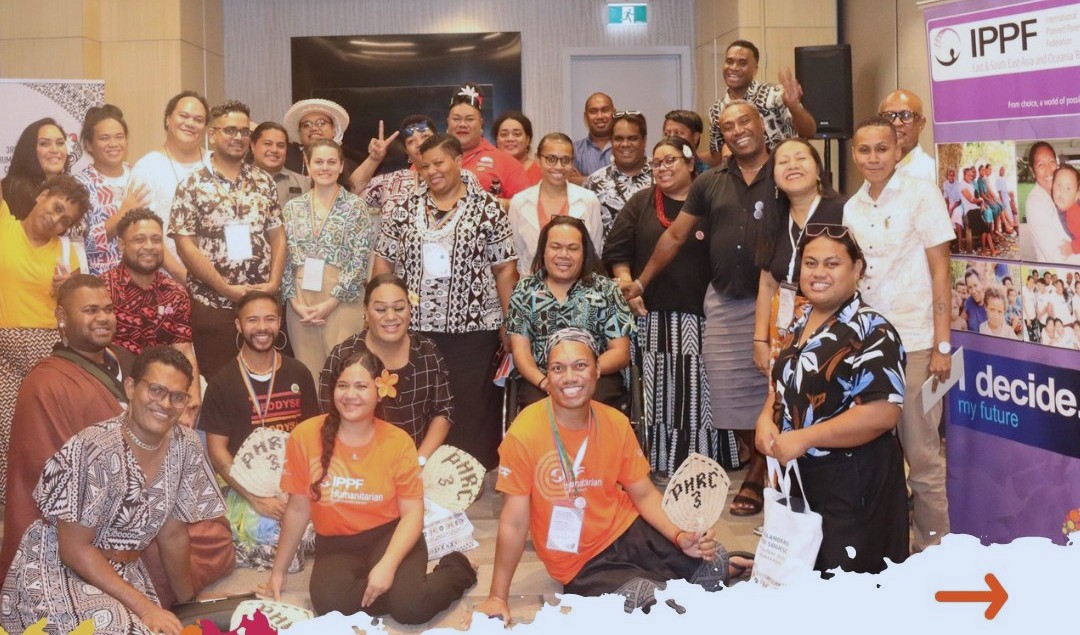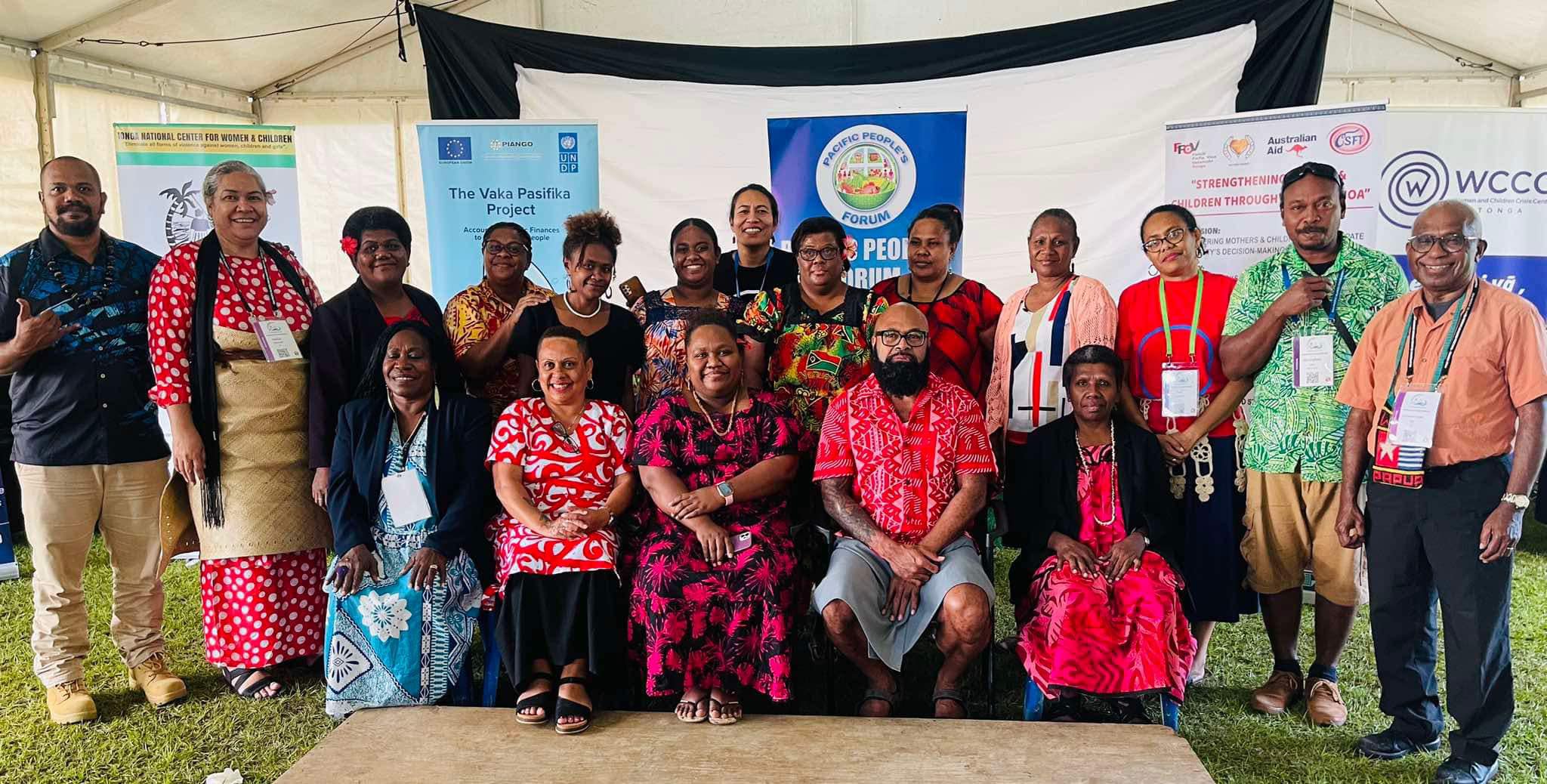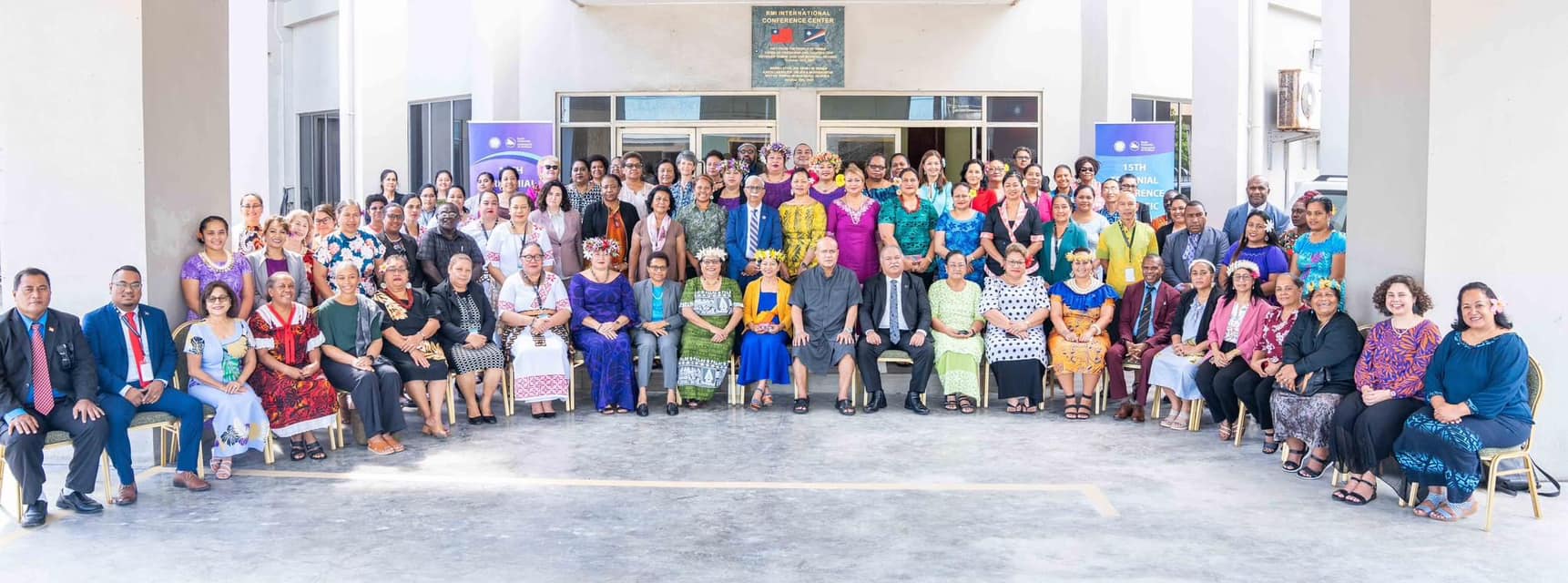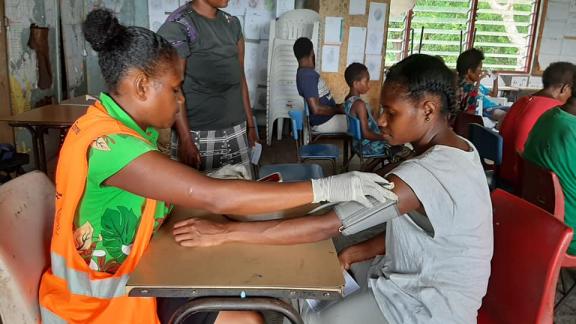Looking Ahead to 2025: Standing Firm in the Face of Challenges
As we approach 2025, the year presents significant challenges for sexual and reproductive health and rights (SRHR). A direct consequence of the recent U.S. presidential election will be the reimposition of the expanded Global Gag Rule in January. For over 40 years, this policy has been imposed by Republican presidents and rescinded by Democratic presidents. Its most recent iteration under President Trump (2017–2021) required non-U.S.-based NGOs to cease abortion service delivery and advocacy using funds from any source as a condition for receiving U.S. global health funds.
IPPF and its Member Associations remain steadfast in their commitment to SRHR and will not comply with the Global Gag Rule. Instead, IPPF will publicly oppose its reimposition, reaffirming its dedication to reproductive rights.
“In the face of these challenges, solidarity among SRHR actors is more vital than ever to protect essential services. Addressing inequalities across gender, socioeconomic status, race, and geography requires prioritising the needs of marginalised communities. Access to SRHR is a matter of equity, justice, and fundamental human rights,” added Tomoko Fukuda, IPPF ESEAOR Regional Director.
Together, we will continue to confront barriers, champion human rights, and work toward a future where SRHR is accessible to all.
For more information, contact:
Malarvili Meganathan,
Regional Communications, Voice & Media Advisor,
East, Southeast Asia and Oceania Region
[email protected]








